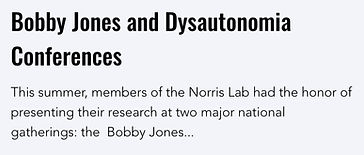
The Norris Lab
Advancing Genetic, Molecular, and Clinical Research
for Ehlers-Danlos Syndrome and Cardiovascular Diseases
Based in Charleston, SC, at the Medical University of South Carolina, the Norris Lab is a multidisciplinary team passionate about advancing research in Ehlers-Danlos Syndrome (EDS), cardiovascular disease, and cardiac development. By combining basic science with clinical insights, we work to improve diagnosis, develop better treatments, and deepen the understanding of these conditions. Our goal is to bridge the gap between patients, scientists, and physicians—fostering collaboration that leads to real, meaningful medical breakthroughs and direct patient impacts.

More than Just a Genetics Lab
New Discoveries
Advancing Research, Changing Lives
Cardiac Research

The Norris Lab investigates the genetic and molecular mechanisms underlying cardiovascular disease, with a focus on mitral valve prolapse, cardiac development, and myocardial fibrosis. Through cutting-edge research, we strive to translate discoveries into innovative therapies that improve patient outcomes.

At the Norris Lab, we recognize patients as experts in complex diseases. Their lived experiences shape critical questions, and with the right scientific tools, they drive meaningful discoveries. That’s why we’re pioneering a patient-scientist model—where patients don’t just participate in research, they lead it. By integrating patient perspectives at every stage, we’re making science more relevant, compassionate, and transformative.

Collaborate

Patient
Patients have firsthand experience with illness, navigating its complexities and daily challenges.
Scientist

Patient-scientists merge lived experience with research, driving patient-centered innovation and deeper medical insights, while making STEM more inclusive.

Physician
Physicians who have been patients bring deeper empathy and understanding, leading to better outcomes for patients.


































From Patients to Scientists
.jpg)
Cortney Gensemer
Cortney Gensemer’s personal experience with hypermobile Ehlers-Danlos Syndrome (hEDS) led her to pursue research, where she met Dr. Chip Norris. Together, they made significant strides in understanding hEDS, including identifying a gene mutation associated with the condition. Their collaboration also inspired the creation of the patient-scientist internship program, empowering individuals with lived experiences of EDS to engage in research and advance scientific discovery.

Kendra Springs
Kendra Springs was a passionate intern at the Norris Lab during her time at the College of Charleston Honors College. Driven by her own experiences with cancer, Kendra was committed to researching less toxic treatments for disease, hoping to improve the lives of future patients. She faced immense medical challenges. Tragically, she passed away due to complications from a heart and lung transplant. In her honor, her parents established the Kendra Springs Memorial Scholarship, an endowed fund that supports students pursuing research in health sciences.
Gensemer hEDS
Internship Program
Visiting Scholars
Program
Kendra Springs
Summer Internship
Beyond the Bench
From Discovery to Dissemination:
Communication & Resources
Science should live in the hands of the people it's meant to serve. That's why we are dedicated to making research accessible through our public education materials, research translations, and patient-scientist initiatives. See some of our translational resources below.
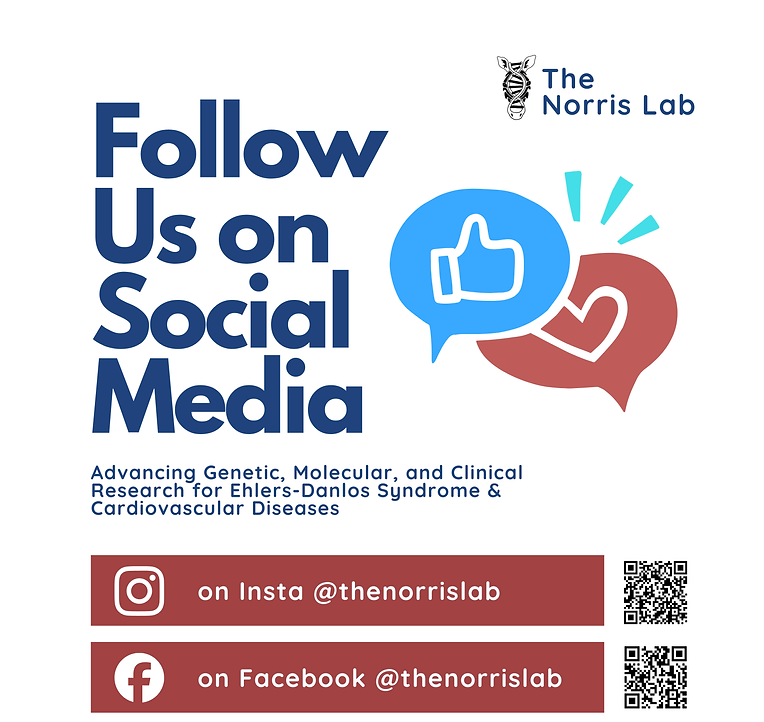
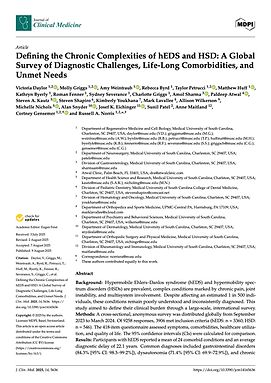
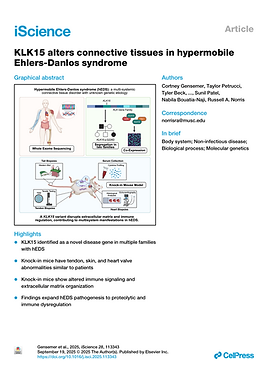
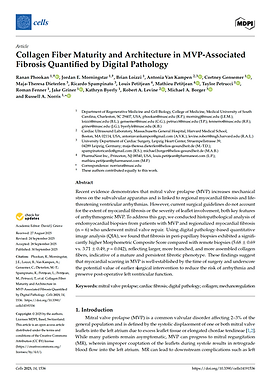
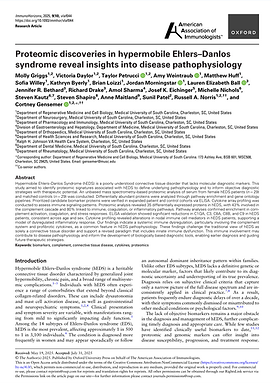
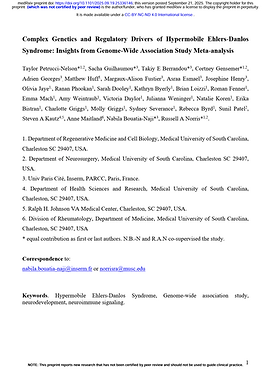
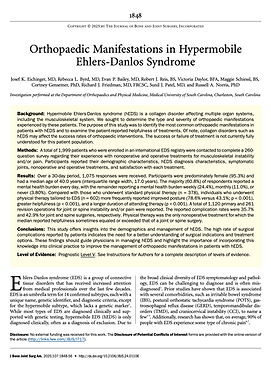






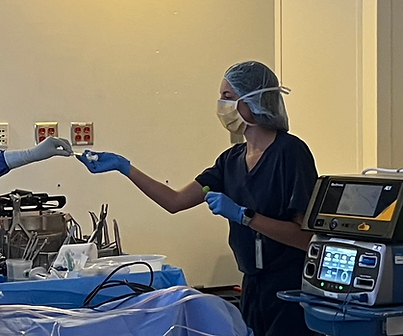






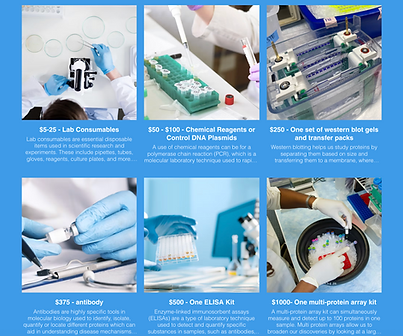







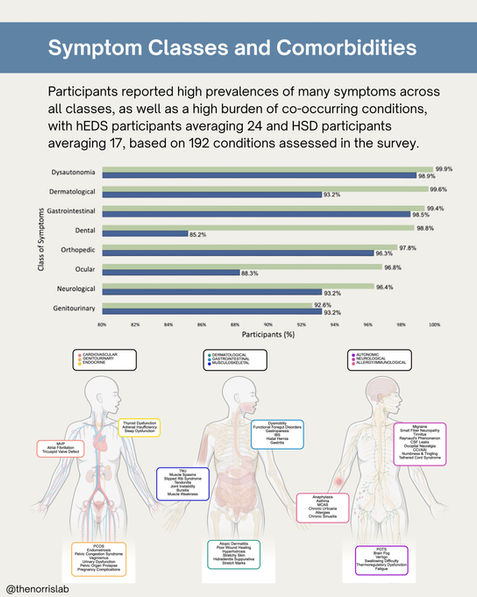














.png)

